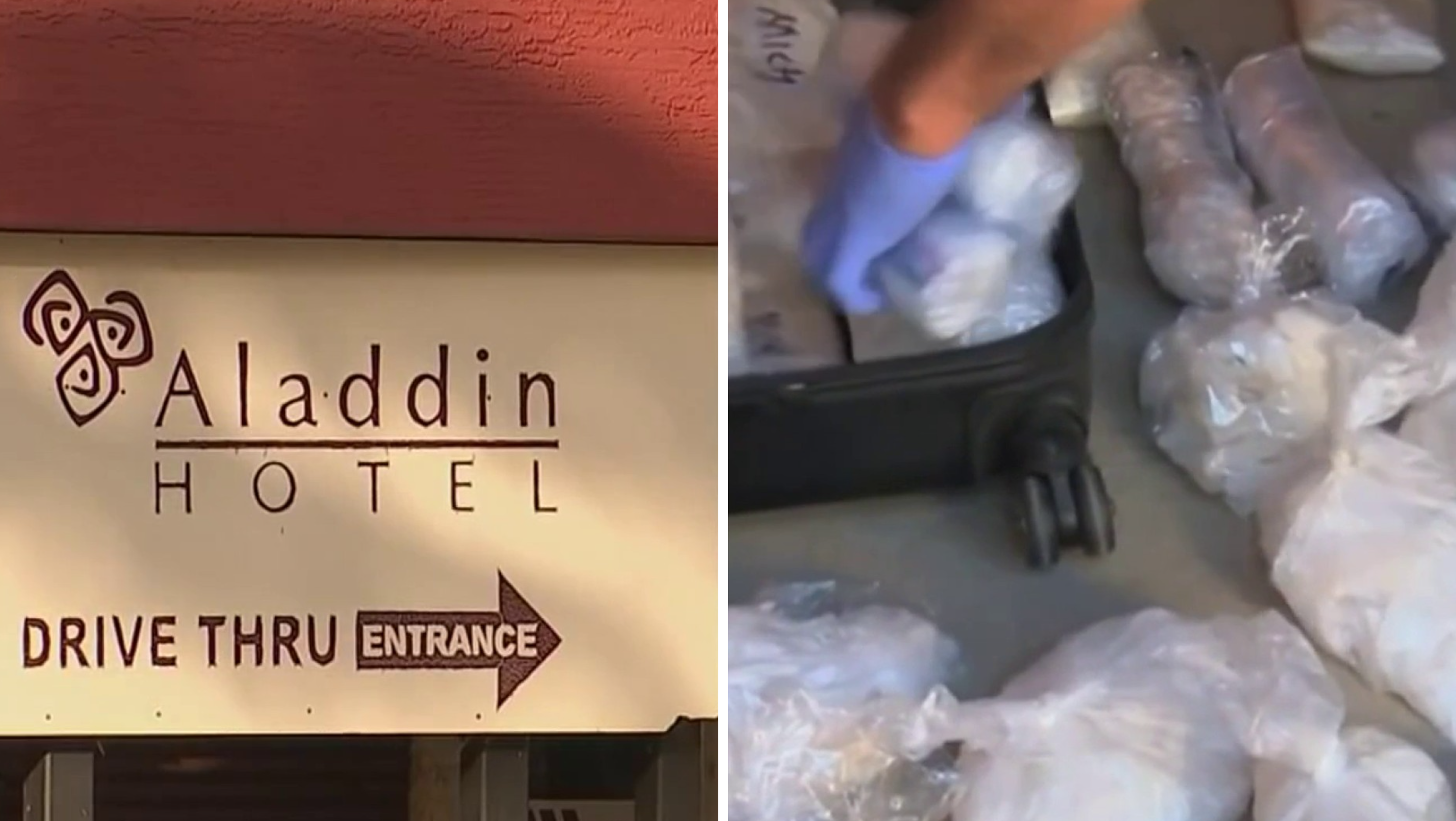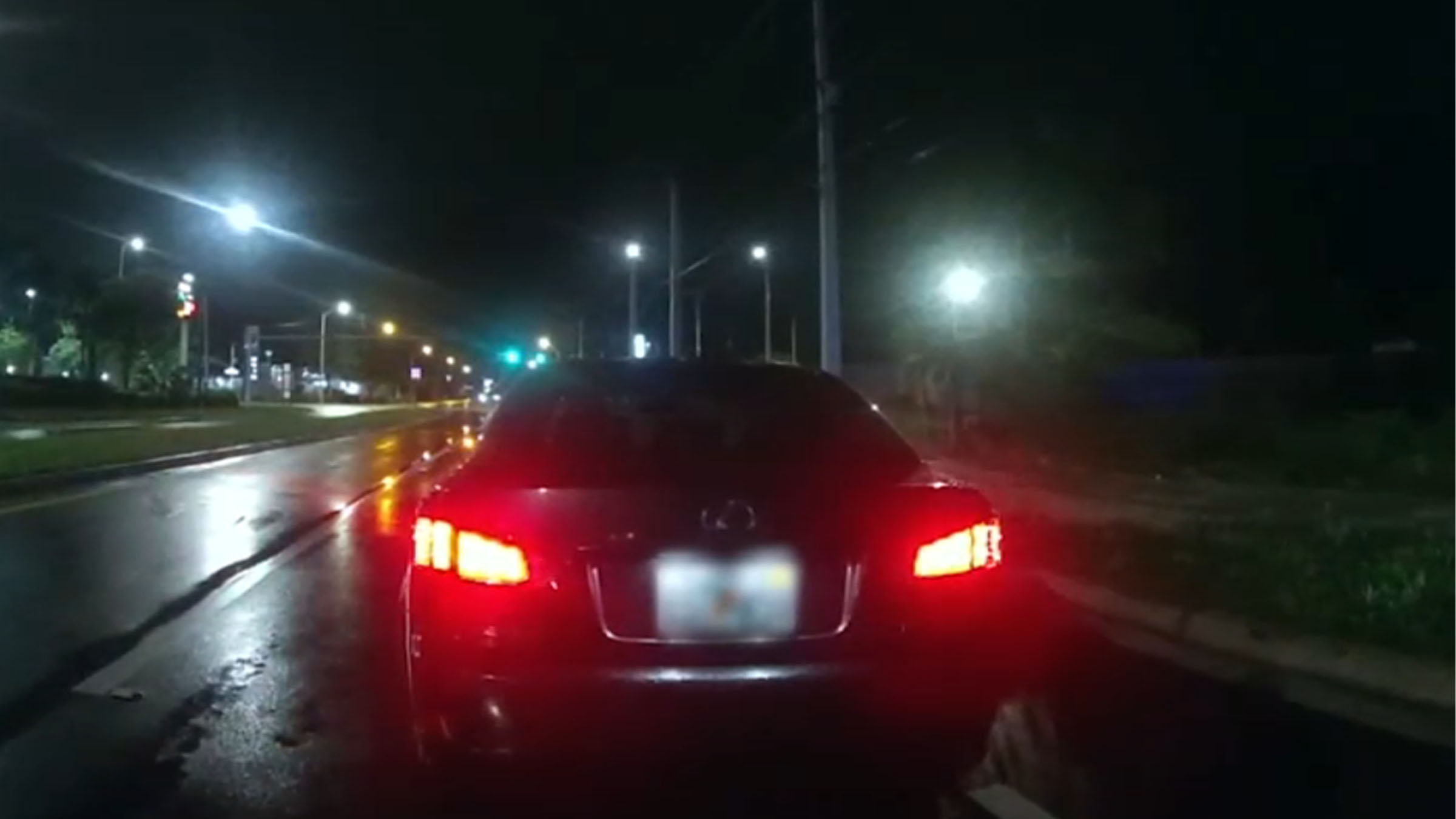Over the past 40 years, Alfred Thomas said he’s worked many jobs at a public school, a domestic violence shelter, and at a bank.
“Money was alright. But it just wasn’t enough to survive,” Thomas said.
It wasn’t until Thomas got into real estate, he said, that he felt he could pass wealth down to his children and grandchildren.
“I want to pass it down,” Thomas said. “Legacy. Legacy is the key to things.”
Get South Florida local news, weather forecasts and entertainment stories to your inbox. Sign up for NBC South Florida newsletters.
One of his properties is a vacant lot on Northwest 12th Avenue in Miami. What Thomas did not know -- someone was trying to sell that property last month.
“They were trying to contract the property, sell it, get the wire transfer account,” said Kevin Tacher, the CEO of Independence Title in Fort Lauderdale. “Take the money and disappear before the actual owner of the property would even know.”
Tacher said his title insurance company was hired to look into the deal before it went through. He told NBC 6 Investigators a man using the name "Alfred Thomas" tried to sell the property, providing a false Texas ID.
Investigations
The NBC 6 Investigators get results
“That’s not me. This is a fraud,” Thomas told NBC 6 when he saw the ID. “This is a scam.”
Like many scams, finding the real person behind it is difficult.
NBC 6 Investigators found the deal began when the false "Alfred Thomas" texted a real estate company, responding to its local advertisements looking for properties on the market. The company told NBC 6 it began the process but hired Independence Title as insurance.
NBC 6 Investigators attempted to contact the fake seller using the phone and email he provided to the companies, but he didn’t respond to our questions or requests for comment. As for the address on the Texas ID, it isn’t his either.
“We see it pretty often,” Tacher said.
Tacher said the warning signs began to go off when he noticed the alleged seller never wanted to communicate by video or in person, only by email or over the phone.
“They try and do everything remotely so you never see them or hear from them,” Tacher said. “So it’s very hard to catch them.”
Tacher said he knows of three other attempts for properties the scammer didn’t own; using the same picture and same false Texas address but different names matching different local property owners.
“So our lot was done one time. But three others were done at different title companies so we don’t know how many went through versus how many we were able to stop,” Tacher said.
An FBI spokesperson told NBC 6 title or deed fraud is not something the agency usually investigates.
A spokesperson for the Florida Attorney General said they only look into this type of case if it crosses multiple counties. Staff at the Miami-Dade State Attorney’s Office said it is hard to bring a case if the money never went through.
A Miami-Dade Police detective tells us they’ve had 52 similar reports so far since the beginning of 2020 and that this case is considered identity theft.
A spokesperson for the city of Miami Police, which has jurisdiction over the area, told us their Economic Crimes Unit is “not currently working in any case with this location.”
She went on to say, “Crimes which are attempted, but not fully carried out, are known as inchoate offenses and are charged one degree below offenses which are fully carried out. For example, a crime which (if fully carried out) would be a second-degree felony is charged as a third-degree felony if attempted but not fully carried out. Generally speaking, cases are assigned to a detective based on their solvability factors, but the Miami Police Department does investigate attempted crimes, to include real estate/mortgage fraud.”
Thomas, for his part, put up signs on his property saying the lot is not for sale and warning about the scam.
“Ignoring this fraud. To me that isn’t right. That’s the fear for the next person,” Thomas said.
Independence Title and police told NBC 6 the best thing property owners can do to prevent this fraud is to check the county’s records online once a quarter to make sure all the paperwork is still in their name. Property owners might not be able to prevent a scam from happening but they can catch the crime sooner rather than later.
For more information, click here or call Miami-Dade Police at 305-467-5423.
Miami Police also recommends consumers look into the federal Consumer Financial Protection Bureau (CFPB) and the Securities and Exchange Commission (SEC) websites for additional tips and resources.



